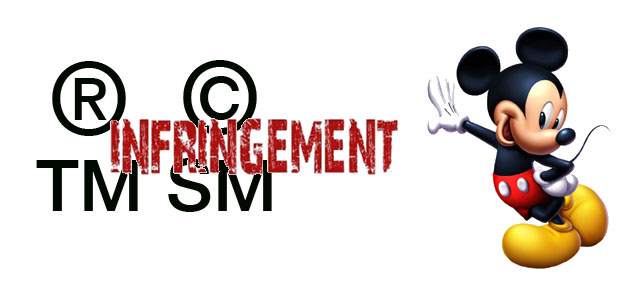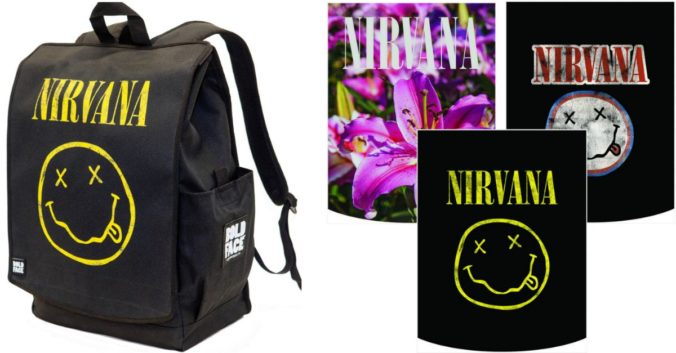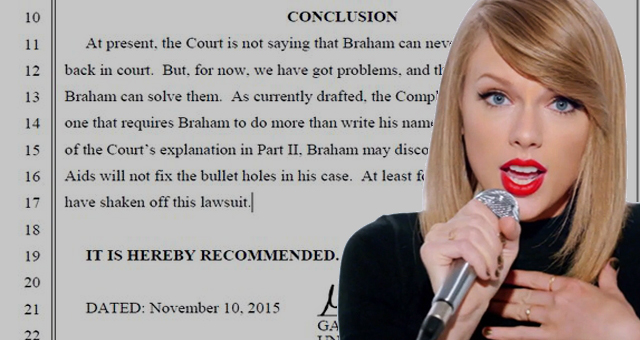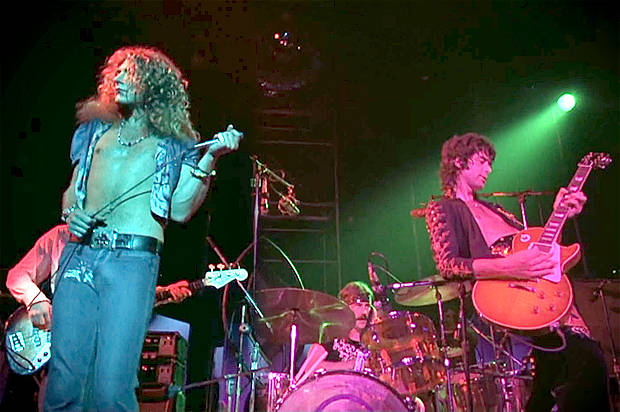July 31, 2019
The music industry has been in the news a lot recently regarding intellectual property rights and related disputes. Just this week, a federal jury determined that Katy Perry was liable for copyright infringement. This tracks with the ongoing trademark infringement lawsuit filed by Gibson Brands, Inc., which continues to fascinate me.
Though in my research of these various topics and the feedback I have received from writing about these legal issues, I have learned that the terms “trademark” and “copyright” are being used interchangeably by the public. This is troubling because they are absolutely not the same thing.[1] I would therefore like to take the opportunity to explain the differences in these two legal doctrines. Because not all “infringements” are identical acts.
Continue reading



Recent Comments